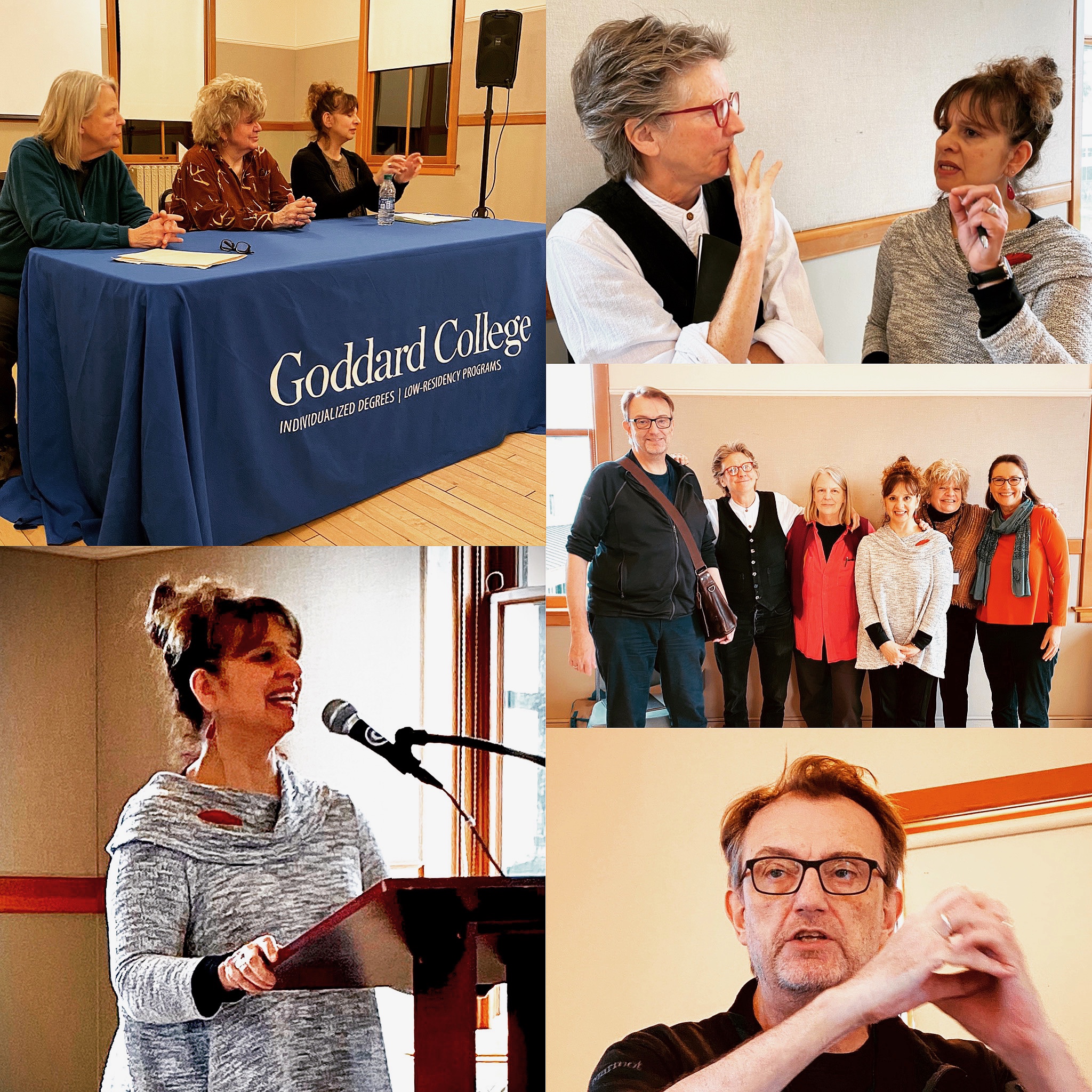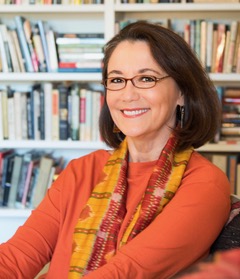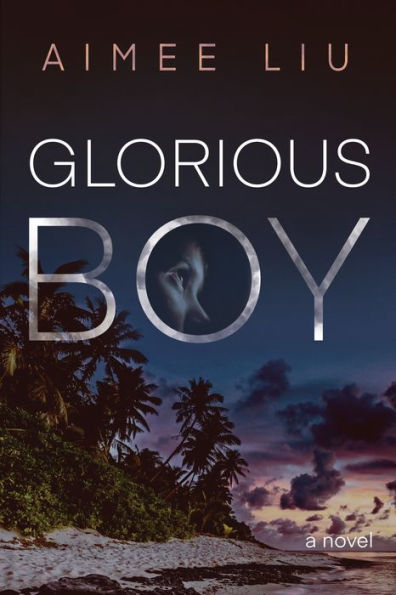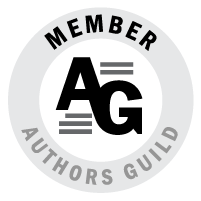Requiem for an MFA Program

Goddard College’s board announced this week that the entire college will close at the end of this semester, taking down with it the storied MFA program where I taught for 15 years. Launched in 1976, Goddard’s MFA was the first low-residency graduate writing program and, as far as many of us were concerned, the best. Within our remarkably tight-knit community, this pending loss feels like a death in the family.
In addition to teaching at Goddard, I served as a faculty board member, and I represented our MFA program at public events and conferences around the country. I’ve gone on writing retreats with alumni and continue to celebrate their publications. I always urged prospective students to apply until I could not, in good conscience, continue— not because the MFA program ever lost its brilliance, but because the thousand cuts that had been weakening the college for years had finally brought the institution to its knees.
It’s bigger than Goddard
Consider these stats:
-
Since 2020, 54 public or nonprofit colleges have closed.
-
Before the pandemic, historic numbers of private for-profit schools shuttered.
-
More than half of students whose schools have closed never re-enrolled anywhere.
To be sure, the pandemic was a tipping point. Meeting your advisors and classmates on Zoom is no substitute for getting to know each other in person on campus. Remote learning is inferior learning. And, for many, the countless disruptions of the pandemic threw doubt on the whole purpose of a degree.
In January of 2022, NPR reported this staggering news:
More than 1 million fewer students are enrolled in college now than before the pandemic began… U.S. colleges and universities saw a drop of nearly 500,000 undergraduate students in the fall of 2021, continuing a historic decline that began the previous fall.
But the crisis in enrollment, from high school through grad school, in public as well as private institutions, had been underway since 2011:
The explanations range from the Millennial and Gen Z baby bust yielding fewer college-age students to sky-rocketing tuitions and student debt loads. Students opt for jobs over degrees when the employment market is hot. Ditto when the economy is bad and school seems futile and unaffordable. And then you’ve got half the country railing against “intellectual elites,” as if going to college were a political declaration against “hard-working Americans.” No wonder education is in trouble.
And Goddard had to contend with an additional layer of difficulty, one largely of its own making.
The problem with being “progressive”
For its first 21 years Goddard was unaccredited. Creativity flourished without the usual academic constraints, and the college earned a reputation for innovation and democratic pedagogy. In 1963, Goddard launched the nation’s first low-residency program so that working adults could get an undergraduate degree without uprooting their personal and working lives. Thirteen years later, our low-residency MFA was born.
But Tim Pitkin’s idealism also saddled the college with a crippling flaw. He vetoed an endowment fund because he didn’t want the college to be beholden to wealthy benefactors. And the progressive ethos of the college spurred many of its students— including Mary Karr, David Mamet, Walter Mosley, William H. Macy, Jon Fishman, Matthew Quick, and Mark Doty— to go on to careers in the arts but not to become titans of industry. So alumni giving has always been modest. By 2000, Goddard could no longer afford to run its traditional undergraduate program.
Innovation appeared to save the school when all of its programs converted to the low-residency model, staggering their semi-annual residencies throughout the year so that all could share the campus at a fraction of the cost. For about ten years, even through the 2008 recession, enrollment numbers steadily climbed, and it seemed as if Goddard had dodged its fatal bullet. The solution seemed to be working so well that, in 2005, the college authorized the addition of a West Coast branch of the MFA program, with residencies on a satellite campus in Port Townsend, Washington. That’s where I joined the Goddard faculty in 2006.
An MFA program like no other
It wasn’t long before I realized that I’d landed among the most eclectic, dedicated, exciting, and generous bunch of writers I could imagine. Our program was varied in age, race, ethnicity, gender orientation, and physical ability. Our students ranged from self-taught novices to award-winning professionals, from military veterans to faith healers. And our faculty, too, ranged from unapologetically commercial to scholarly and experimental. This wild diversity, coupled with our shared dedication to the writing life, made for a dynamic atmosphere of possibility that energized every member of our little community.
The credit for that goes entirely to our two program directors, the playwright and — yes— psychic Paul Selig, and then his successor, the incomparable poet and fiction writer Elena Georgiou. These two guiding lights assembled a faculty of literary superstars whose work covered the spectrum from Hollywood hits and international bestsellers to ekphrastic poetry, tarot guides, and librettos.
Because I only taught in our West Coast program, I did not work with the entire MFA faculty, but here are the incredible folks I did get to know, celebrate, and collaborate with over my 15 years at Goddard:
-
Deborah Brevoort (playwright, librettist)
-
Rebecca Brown (novelist, essayist, playwright)
-
Darrah Cloud (poet, playwright, screenwriter)
-
Beatrix Gates (poet)
-
Carol Guess (poet, fiction writer)
-
Bhanu Kapil (poet)
-
Laleh Khadivi (novelist, essayist, documentary filmmaker)
-
Susan Kim (TV writer, YA and graphic novel author, documentary producer, and playwright)
-
Michael Klein (poet, memoirist, essayist)
-
Neil Landau (screenwriter)
-
Jocelyn Lieu (memoirist, fiction writer)
-
Micheline Aharonian Marcom (novelist)
-
Rogelio Martinez (playwright)
-
Victoria Nelson (fiction and nonfiction writer, literary scholar)
-
Keenan Norris (novelist, essayist)
-
Richard Panek (science writer and documentary screenwriter)
-
Rachel Pollack (the late poet, sci-fi, comic writer, tarot expert, and transgender activist)
-
Paisley Rekdal (poet, memoirist, essayist)
-
Rahna Reiko Rizzuto (novelist, memoirist)
-
Selah Saterstrom (novelist, essayist)
-
Matthew Shenoda (poet, essayist)
-
Sherri L. Smith (novelist, YA & children’s writer)
-
Juliana Spahr (poet, essayist)
-
Truong Tran (poet, visual artist)
If you sample the links to these writers you’ll realize the extraordinary range of talent, expertise, and imagination we offered our students. And we shared this wisdom not only in group workshops but, more to the point, in detailed correspondence throughout each semester focused directly on the student’s work. You can’t reproduce such personal mentorship in writer’s conferences or zoom seminars. Not even editors will give you the kind of attention that we gave our students, advising them not only on the merits of their work but also on their critical reading, time management, agent selection, query letters. And, yes, we offered friendship and sometimes a shoulder to cry on.
About ten years ago, we had a poet in the program whose family had disowned them over their gender orientation. I’ve rarely met an individual who radiated kindness, optimism, and genuine curiosity as this poet did. I was not their advisor, yet every time we chatted in the commons line or at community events, I felt as if we connected at a place of deep affection and trust. My sense was that everyone who met this person must come away with that feeling.
Then, midway through their first semester, a relative burned the poet’s house to the ground. A familial hate crime. Everything was destroyed, including books, papers, and laptop.
The Goddard community closed ranks. Our program director Elena Georgiou led the effort, and faculty members and classmates contributed books, comfort, and support. With everyone’s help, the poet completed the semester, graduated on schedule, and then went on to earn a doctorate.
That’s the kind of community we were. That’s what education can produce. That’s the spirit and the possibility that we are all losing with the closure of colleges like Goddard.



